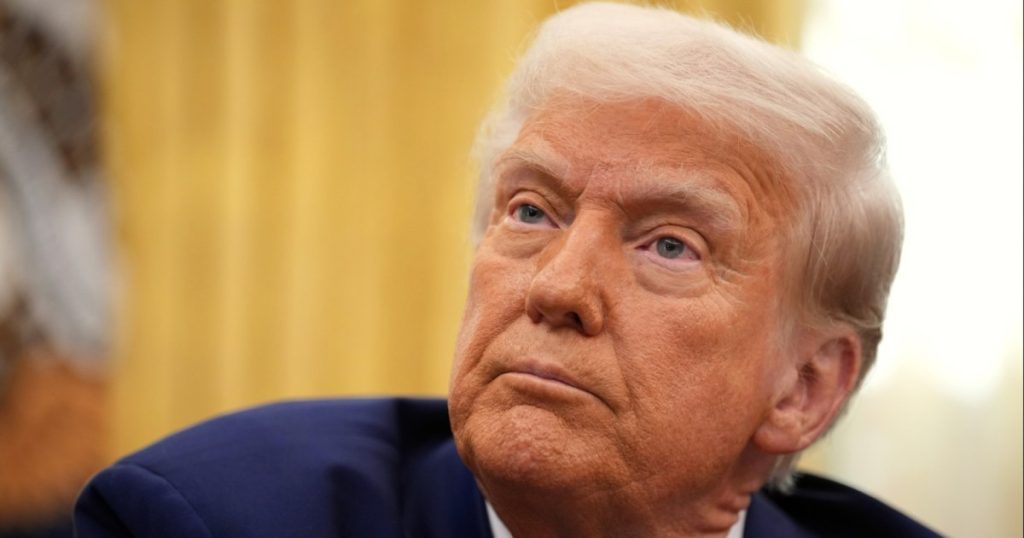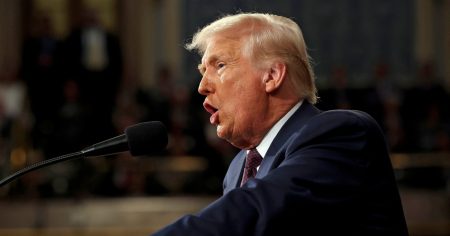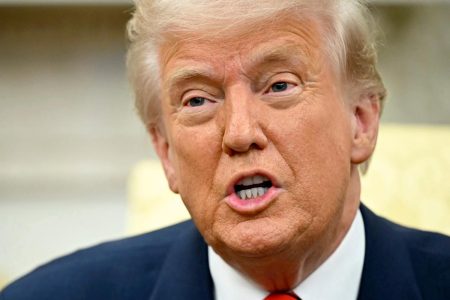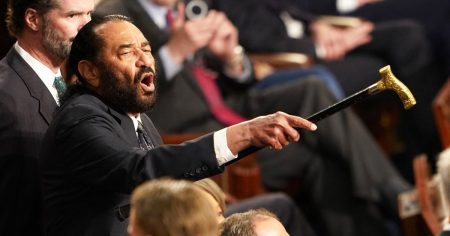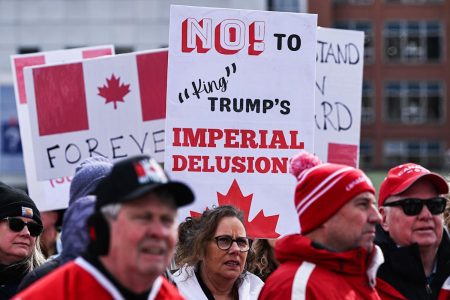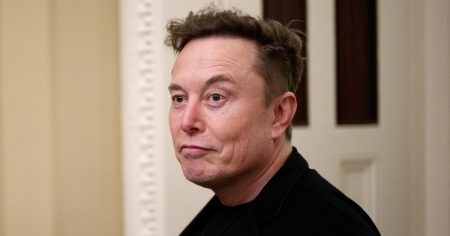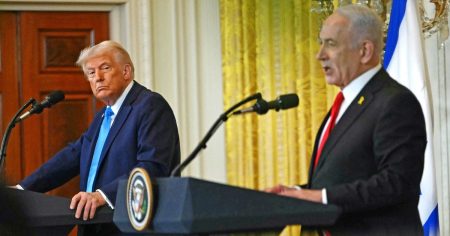The political landscape in the United States continues to evolve with significant developments that are reshaping the federal government, state policies, and international relations. One of the most notable updates is the announcement by Mitch McConnell, the long-serving Senate Republican leader, that he will not seek reelection. McConnell, known for his influential role in shaping Republican policy and strategy, delivered the news in a Senate floor speech. His decision has sparked mixed reactions among colleagues and constituents, with some expressing gratitude for his service and others speculating about the potential shift in political dynamics within the Senate. The news comes as the Senate confirmed Kash Patel, a former aide to President Donald Trump, as the next FBI director. Patel’s appointment has been controversial, given his involvement in several high-profile political disputes, including the handling of classified documents during Trump’s presidency. His confirmation marks a significant change in the leadership of the FBI, an agency that has been at the center of numerous politicalstorms in recent years. These developments underscore the ongoing transformation of the federal government under President Trump’s administration, which has been marked by a series of executive orders and policy changes aimed at reducing federal spending and reshaping key institutions.
Another major focus of attention has been the issue of federal layoffs, which has drawn criticism and concern from various quarters. President Trump has been vocal about his efforts to cut federal costs, and his administration has implemented sweeping layoffs across multiple departments. One of the most high-profile cases involves DOGE (Department of General Expenses), where layoffs have angered employees and sparked protests. A Georgia Republican lawmaker recently faced a hostile crowd during a town hall meeting, where constituents expressed their frustration over the layoffs and their impact on local communities. The layoffs have also affected military veterans, with one Army veteran speaking out about the emotional and financial challenges of losing their job after years of service. These developments highlight the human cost of federal budget cuts and the growing tension between fiscal conservatism and the need to support public sector workers.
In addition to federal layoffs, President Trump has been at the center of several other contentious policy decisions. One of the most controversial is his executive order targeting “infant assistance” benefits for undocumented migrants. The move, which has been criticized by immigration advocates and human rights groups, aims to reduce federal spending on benefits for undocumented families. Trump’s administration has also faced legal challenges over his birthright citizenship order, which a federal court has blocked. The order, which sought to limit citizenship for children of undocumented immigrants born in the United States, has been a divisive issue, with opponents arguing that it violates the Constitution and undermines long-standing principles of American identity. These policies have contributed to a growing debate over immigration reform and the role of the federal government in addressing the complexities of undocumented migration.
President Trump’s foreign policy has also made headlines, particularly his increasingly confrontational rhetoric toward Ukraine. In a recent interview, Trump referred to Ukrainian President Volodymyr Zelenskyy as a “dictator,” escalating a war of words that has strained relations between the two nations. The comments have been met with strong criticism from Ukrainian lawmakers, who have accused Trump of misrepresenting Ukraine’s democratic progress and ignoring Russia’s ongoing aggression in the region. The conflict has also drawn attention to Trump’s broader approach to international relations, which has often been characterized by a mix of nationalism and unpredictability. These developments highlight the challenges of maintaining alliances and addressing global security threats in an era of increasing political polarization.
Domestic politics have also been shaped by the actions of state leaders, particularly New York Governor Kathy Hochul. Hochul has been a vocal opponent of several of Trump’s policies, including his recent executive order to end congestion pricing in New York City. The governor has framed the move as an “attack on our sovereign identity” and has hinted at taking legal action to challenge the decision. In another closely watched development, Hochul has indicated that she may “slow walk” a decision on whether to remove New York City Mayor Eric Adams from office. The mayor has faced criticism over his handling of various issues, including crime and public safety, but Hochul has emphasized the need for due process and a thorough review of the situation. These decisions reflect the ongoing tension between state and federal authority, as well as the complex balancing act faced by state leaders in addressing local challenges.
Finally, the issue of job cuts has continued to dominate the national conversation, both in the public and private sectors. Elon Musk, the CEO of X (formerly Twitter), has been at the center of this debate, with his company implementing sweeping layoffs as part of a broader strategy to reduce costs. Musk recently made headlines by hoisting a chainsaw at a conference, symbolizing his commitment to cutting expenses. However, the layoffs have been criticized for their impact on employees and their families, with many speaking out about the emotional and financial toll of losing their jobs. The situation has also sparked a wider discussion about the ethics of corporate layoffs and the need for greater protections for workers in an increasingly uncertain economic landscape. As the nation continues to grapple with these challenges, the interplay between federal policy, state leadership, and corporate decision-making will remain a critical focus of attention in the months to come.


